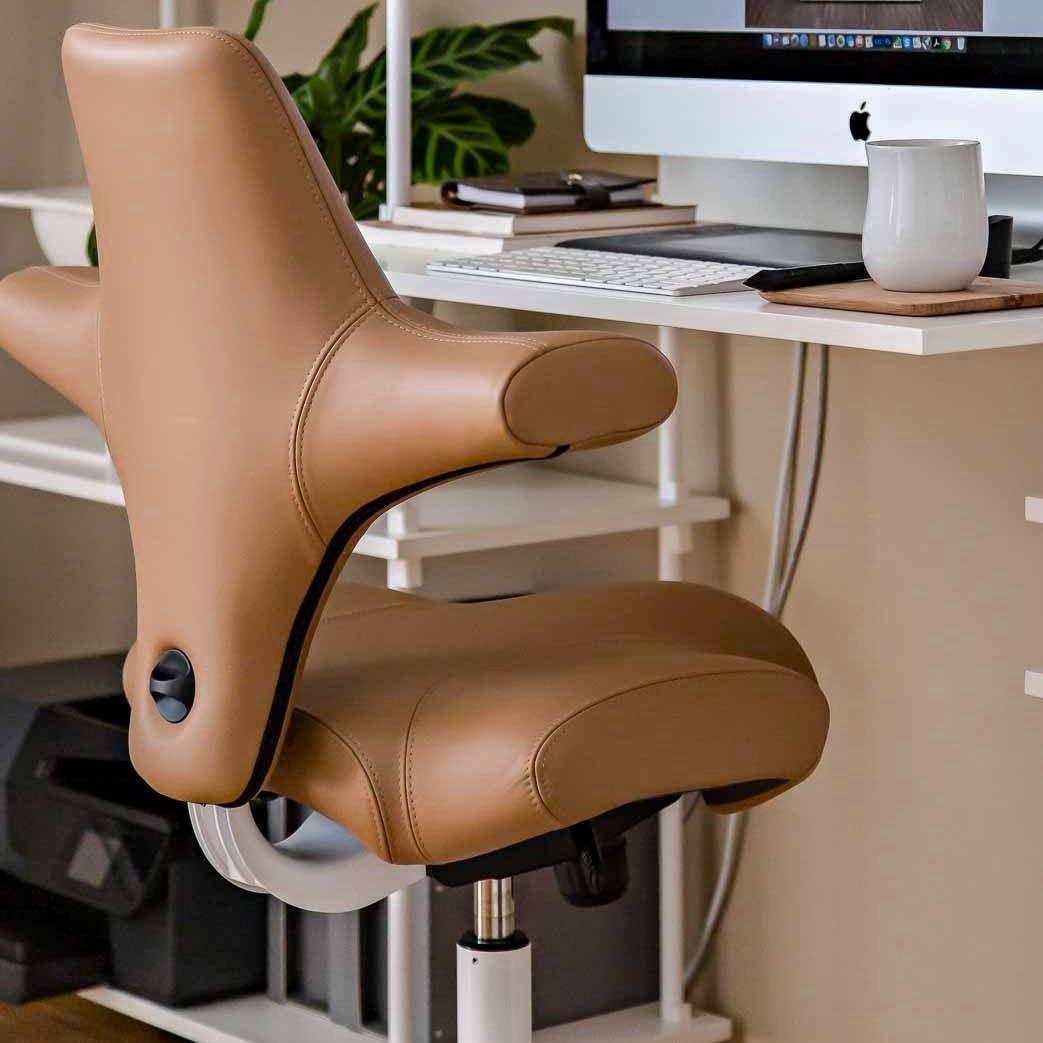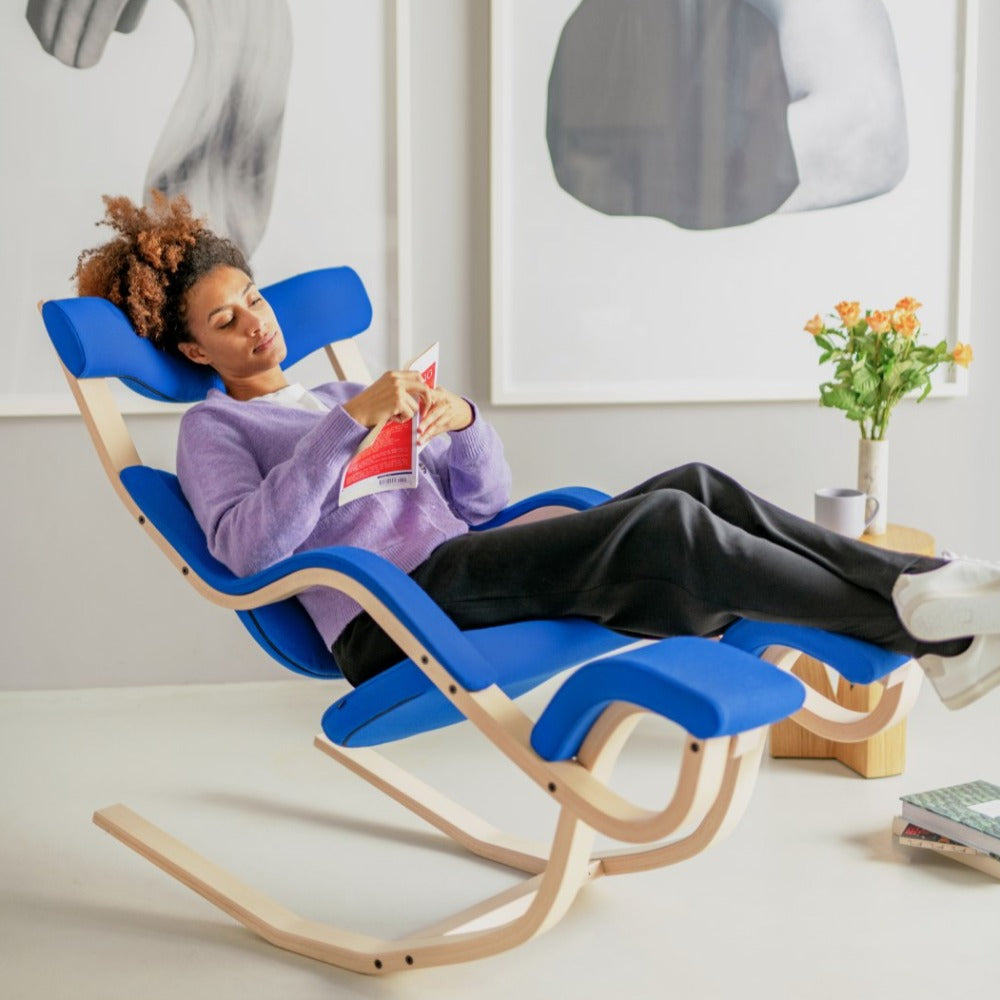How’s your sleep been lately? Having trouble getting a restful and restorative night of slumber? Are you not feeling energized during your waking hours?
Perhaps the reason the quantity and quality of your shuteye aren’t quite so dreamy and your energy isn’t as high as it should be, could be due to your circadian rhythm being out of step with the season we’re in—winter.
Please allow me to switch on my desk lamp, adjust my reading glasses, and grab my notes so that I can elaborate. I’ll start by offering a circadian rhythm definition.
Built into just about every part of our bodies is a tiny clock that controls the timing of a whole bunch of functions. These functions include the manufacture of hormones, enzymes, and other organic chemicals our cells need in order to keep us energized, healthy, and happy.


If you’ve ever noticed that you’re hungry at certain times of the day or night but not at others, that’s evidence of your circadian rhythm at work. Likewise, when you find yourself getting drowsy around 10 or 11 at night but not at high noon, that too is your circadian rhythm rhythming away.
Interestingly, our bodies have almost as many of these tiny clocks as we have organs, sinews, and ligaments. The thing is this massive collection of biological timepieces needs to be synchronized for the circadian rhythm to operate properly.
The job of keeping the clocks synchronized belongs to a single master clock. It’s located in our brains. A team of scientists from the U.S. National Institutes of Health (who must have had a lot of free time on their hands) counted the individual nerve cells in the brain that make up this master clock and determined there are 20,000 or so of them.
Combined, those 20,000 nerve cells form a structure called the suprachiasmatic nucleus, or SCN for short. It so happens that in order for the SCN to successfully synchronize all the body’s clocks it needs to know what time it is.
In other words, the master clock that sets all the little clocks must itself be set. And it must be reset every 24 hours.
How does that occur? The master clock is set by using information fed to it through our eyes. And what our eyes see is light—varying degrees of it, a veritable palette of colors, shades, and temperatures.
The thing about light—natural light—is that it changes throughout the day. In the morning, it’s soft and diffused. Later in the day, the light is brilliant and intense. At dusk, it’s dim. Come nightfall, it’s dark (unless the moon is full, and then the outdoor world takes on a gentle silvery glow).
Natural light changes not only throughout the day but also from one season to the next. In summer, there is more light than dark. In the winter—where we are now—there is more dark than light.


So our master clock knows what time it is by the changes in light levels, adjusted for seasonality.
Unfortunately, the short supply of daylight during the winter tends to make our master clock run slow, which then makes all the other clocks run slow.
The result is a slowing of organic chemical production. The effect of that slowdown is our bodies manufacture less of what we need to experience sleepiness at the proper time and to feel daytime energy. Put another way, we suffer from a circadian rhythm sleep disorder.
Circadian rhythm disorder in general also inhibits the production of substances that regulate our emotional uplift and well-being. This is part of the reason we often feel down in the dumps during the winter.
Fortunately, there are some things we can do to support our circadian rhythm to help counteract its seasonal off-kilter functioning.
Amongst many recommendations, here are a few circadian rhythm tips I'd like to highlight:
Avoid turning on every light in the house after sunset.
A super-bright interior tricks your circadian rhythm into believing it’s still the middle of the day. That tells the body to produce the organic chemicals necessary to make you fired up. The energy juice manufactured by your body will remain inside you for hours after you go to bed and keep you tossing and turning long past midnight. Consider using dimmers, as I do on almost all my lights in the house which helps us with that regulation.

Step away from your phone, TV, and computer an hour before hitting the pillow.
Those devices emit a blue light from their display screens. Leverage the “night shift” function of your devices (it replaces the sharp blue light with a softer yellow tone). Scientists report that this particular type of blue light gives the circadian rhythm the impression that it’s time to go to the office rather than go to sleep. If we avoid blue light an hour before bedtime, the circadian rhythm will be free to tell the other clocks to go ahead and proceed with their regularly scheduled production of drowsiness-promoting melatonin. (You’ll sleep better and feel more refreshed comes the dawn.)
Adjust lighting to match your activities.
Your mood and activities change throughout the day and therefore light should follow.In the morning, it’s best to wake up with light that’s not glaringly bright. At dinner, there has to be enough light to showcase the food presentation but not too much light that everyone seated around the table feels agitated. At bedtime, the same warm and gentle light you enjoyed in the morning while awaking will help you prepare to fall asleep.
Artificial light can transform our environments. It has limitations compared to natural light but can nonetheless be an effective tool during the winter to elevate your mood and help you sleep better (making it more likely you’ll awake refreshed and raring to go).
Proper lighting is essential. It helps you experience good health—physical and mental. Desk lamps, floor lamps, dimmable lamps, and all of the lighting products available here at Phil Zen can help you support your body’s circadian rhythms during the winter and also throughout the rest of the year.
Resource: the Division of Sleep Medicine at Harvard Medical School





